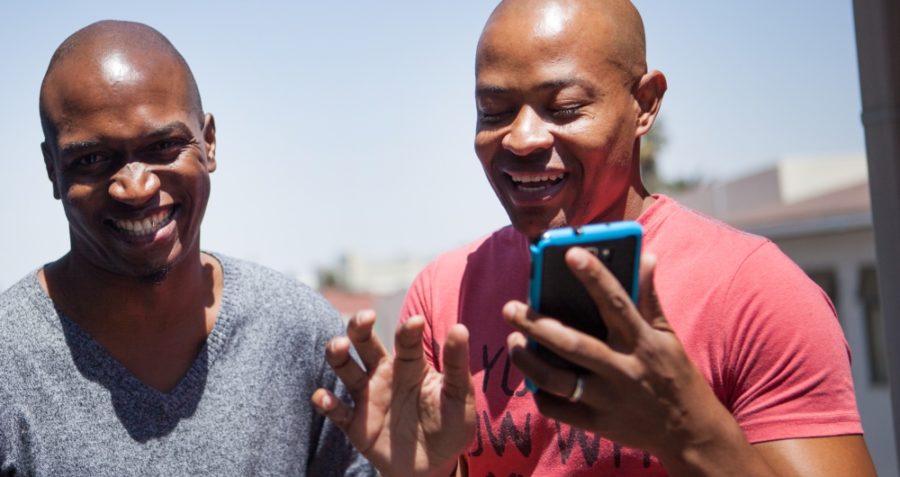ICT in HIV Programming
 © Gemma Taylor for Frontline AIDS
© Gemma Taylor for Frontline AIDS
ICT allows for anonymity, which can be vital for stigmatised groups most affected by HIV.
Statistics show that gay men and other men who have sex with men (MSM) are 25 times more likely to acquire HIV than heterosexual adult men and transgender women are up to 34 times more likely to acquire HIV than other adults.
The rise of the internet, mobile communications and social media all present several opportunities to improve health systems as well as increase access to services for such groups. Certain ICT platforms also allow people to be anonymous, something that is particularly important when trying to reach MSM and transgender people who live in stigmatised contexts and/or where their behaviours are discriminated against or criminalised, as is the case for most African countries.
The growing availability of ICT in sub-Saharan Africa offers the possibility to complement and enhance HIV prevention, treatment, care and support services and programmes. But there is scant evidence of what works and why in this newly emerging area.
There are four things we did in this project to use ICT in HIV programming for MSM and transgender people:
- Evidence – we completed the first ever evidence review on the use of ICT in HIV programming with and for MSM and transgender people in sub-Saharan Africa.
- Communication – we convened community practitioners, policy makers and other stakeholders to strengthen the abilities of those in resource-limited and hostile environments.
- Blueprint – we integrated ICTs appropriately across our African programming and provide a blueprint for others to do so.
- Innovation – we catalysed new ICT solutions to emerging problems in consultation with community members.
This project existed because MSM and transgender people deserve HIV services that they can access anonymously and that meet their needs, and we wanted to use the best evidence of what works in ICT tools to support this.
The main output of this programme was an evidence map which documented examples of ICT use to supplement HIV services for the most marginalised people.
Will you help us end aids?
I would like to make a donation of:
Please enter the amount you would like to donate, ie: '10.00'

